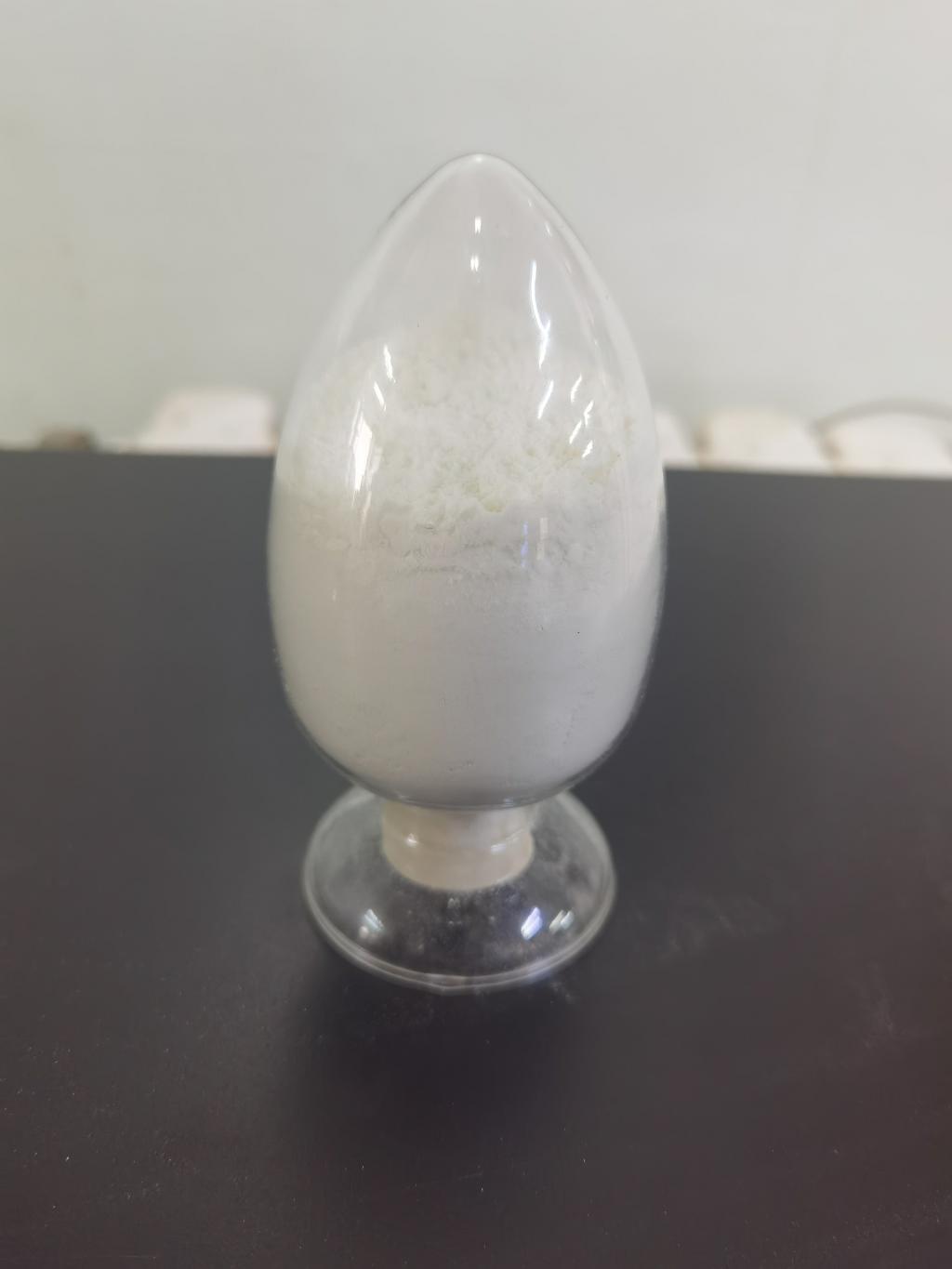Tel:+8618231198596

News
 CONTACT
CONTACT
 CONTACT
CONTACT
- Linkman:Linda Yao
- Tel: +8618231198596
- Email:linda.yao@dcpharma.cn
- Linkman:CHARLES.WANG
- Department:Overseas
- Tel: 0086 0311-85537378 0086 0311-85539701
News
ε-Polylysine hydrochloride: Exploring its role in improving the safety of plant-based food products.
TIME:2024-05-06
Mechanisms of Action
ε-Polylysine hydrochloride exhibits antimicrobial activity through multiple mechanisms:
Cell Membrane Disruption: ε-Polylysine hydrochloride disrupts the cell membranes of bacteria, leading to leakage of cellular contents and eventual cell death.
Inhibition of Protein Synthesis: By binding to ribosomes, ε-Polylysine hydrochloride interferes with protein synthesis in microbial cells, inhibiting their growth and proliferation.
pH-Dependent Activity: The antimicrobial activity of ε-Polylysine hydrochloride is influenced by pH, with optimal activity observed under acidic conditions commonly found in plant-based foods.
Applications in Plant-Based Food Products
ε-Polylysine hydrochloride has diverse applications in plant-based food products, including:
Meat Alternatives: Used in plant-based meat analogs to prevent microbial contamination and extend shelf life without compromising taste or texture.
Dairy Alternatives: Added to plant-based dairy substitutes such as almond milk and soy yogurt to enhance microbial safety and maintain product quality during storage.
Bakery Products: Incorporated into plant-based baked goods, including bread, cakes, and pastries, to inhibit mold growth and prolong freshness.
Ready-to-Eat Meals: Utilized in plant-based ready-to-eat meals and convenience foods to ensure microbial safety and extend shelf life without the need for refrigeration.
Benefits and Challenges
The use of ε-Polylysine hydrochloride in plant-based food products offers several benefits:
Natural Origin: Derived from natural fermentation, ε-Polylysine hydrochloride aligns with consumer preferences for clean-label ingredients.
Broad-Spectrum Activity: Effective against a wide range of bacteria, yeasts, and molds commonly encountered in plant-based foods.
Improved Shelf Life: Enhances the microbial stability of plant-based food products, reducing the risk of spoilage and foodborne illness.
Challenges associated with the use of ε-Polylysine hydrochloride include:
Optimization of Formulation: Determining the optimal concentration and application method of ε-Polylysine hydrochloride to achieve effective microbial control without affecting product quality.
Consumer Acceptance: Educating consumers about the safety and benefits of ε-Polylysine hydrochloride and addressing any concerns about its use in plant-based foods.
Future Research Directions
Future research on ε-Polylysine hydrochloride in plant-based food products should focus on:
Optimizing Formulation: Investigating novel formulations and delivery systems to improve the efficacy and stability of ε-Polylysine hydrochloride in plant-based matrices.
Consumer Perception Studies: Conducting consumer perception studies to understand attitudes and preferences towards ε-Polylysine hydrochloride in plant-based foods and identify strategies to enhance consumer acceptance.
Safety Assessment: Evaluating the long-term safety and toxicological profile of ε-Polylysine hydrochloride in plant-based food products to ensure consumer safety.
Regulatory Considerations: Addressing regulatory requirements and standards for ε-Polylysine hydrochloride in plant-based food products to facilitate market approval and compliance.
Conclusion
ε-Polylysine hydrochloride offers a promising solution to enhance the safety and microbial stability of plant-based food products while meeting consumer demands for clean-label ingredients. By leveraging its antimicrobial properties and natural origin, ε-Polylysine hydrochloride can contribute to the production of safer and more sustainable plant-based foods. However, further research is needed to optimize its formulation, ensure consumer acceptance, and address regulatory considerations. With continued innovation and collaboration, ε-Polylysine hydrochloride has the potential to play a significant role in improving the safety and quality of plant-based food products in the future.
- Tel:+8618231198596
- Whatsapp:18231198596
- Chat With Skype







